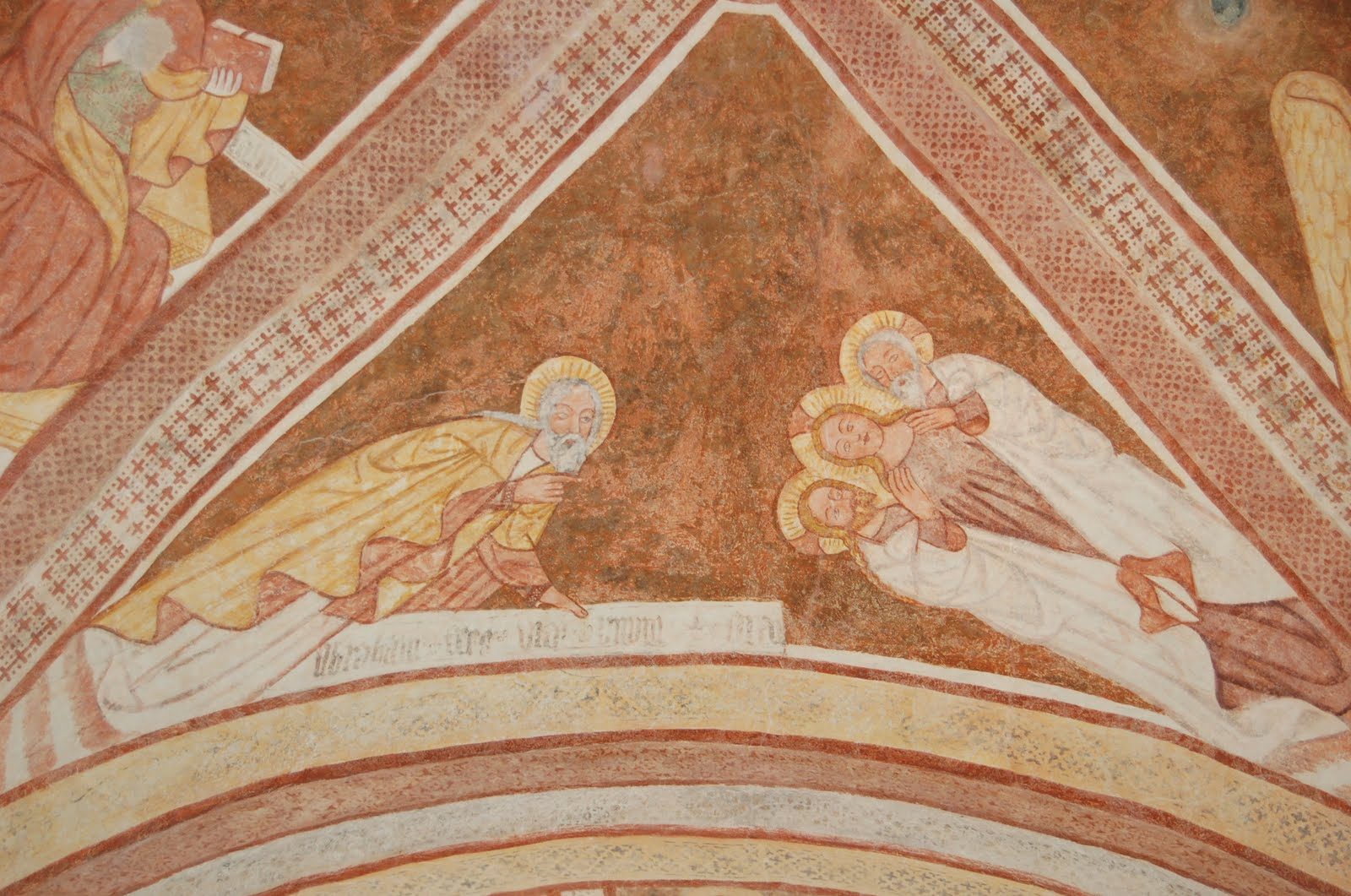I’ve written a lot of posts so far about being a mother, and what that teaches me about God as Mother. But Mother God is for every one–single and married men, with or without children, and single and married women, with or without children. (And children themselves, but that’s for another post.)
I recently re-read journalist Julia Duin’s Quitting Church (2006), especially the section about why women leave the church. She implies that feminine God images in the church would help women stay, during a conversation she had with David Wilkerson in 1998.
She asked him why there were no verses that use feminine pronouns–for human women, not God–in the Daily Calendar he published–like Luke 1:45 or Is. 54:1. He had no answer–nor did he change his calendar.
As a single, childless woman, Duin left the church after her offers to serve were repeatedly rejected. When later she adopted a child and went back, the church welcomed her participation.
People who are not in a typical nuclear family often feel marginalized both in church and out. I don’t want to do that.
Mother God for All
So I want to know–single and married women and men without kids: Is Mother God a term you can embrace? What does it mean to you to call God Mother sometimes? I want to hear from men with kids, too, as I suspect a feminine God image can help men in general, yet is still somewhat taboo. I will post more on this, later.
None of us women will ever be fathers, yet we’ve all used the label Father for God. Not being a mother doesn’t need to make Mother God less meaningful as a metaphor for God. Even if, like me, one’s relationship with one’s mother isn’t perfect, and is maybe even painful sometimes.
Attached to Mother God
Sixty percent of the U.S. population emerges out of childhood with a secure psychological attachment to at least one caregiver, often Mom. So most of us can think of “Mother” and “God” and feel the love.
Forty percent of us can’t feel that totally secure love when we think of a parent, but eventually most of us probably attach to someone, a friend or a spouse or a child or an animal. (Being attached only to a child can bring its own problems for the child, however.)
It’s the attachment need that makes the mother metaphor for God so relevant. Even if we didn’t get our needs met, they are still there, no matter our age. We are always going to need a Divine Mom.
With my occasional gripes about my mother as I relate to her as an adult, I know that when I was a kid, she loved me. She was my safe place in the world. And she does make the term Mother God make sense.
God is the Best Mom
Our best notions of Mother are the characteristics of God: always present, always loving, always working on our behalf. There for us, with the spiritual equivalent of hugs, extra attention when sick or sad, special gifts when we least expect them.
Referring to God as Mother means I look for God’s love, expect it, like a loved three-year old child does. He crawls into bed with mom in the middle of the night when he feels scared, because Mom has compassion for him. He confidently asks, as I did, “Mom, play Candy Land with me,” (again) and Mom does.
Even if we have no experience or memories of affection from our mom, someone, sometime, has given us a taste of unconditional love. We can expect the same willingness to give from Mother God, whether it’s that just blooming fragrant lilac tree outside our office window, or, as Teresa of Avila wrote, the gift of a little daisy in the grass.
I often see Her living yet eternal gifts in the birds around me. One crisp day in February, I was walking with Sam in a baby carrier, and we saw dozens of robins flying in and out of a huge holly tree loaded with red berries. I stopped, astonished.
This is a gift of a loving Mother, if I have eyes to see it. It has nothing to do with me being a mother. It’s just Gift, and these gifts are there for each of us.
How about you? How does it help you to call God Mother?

